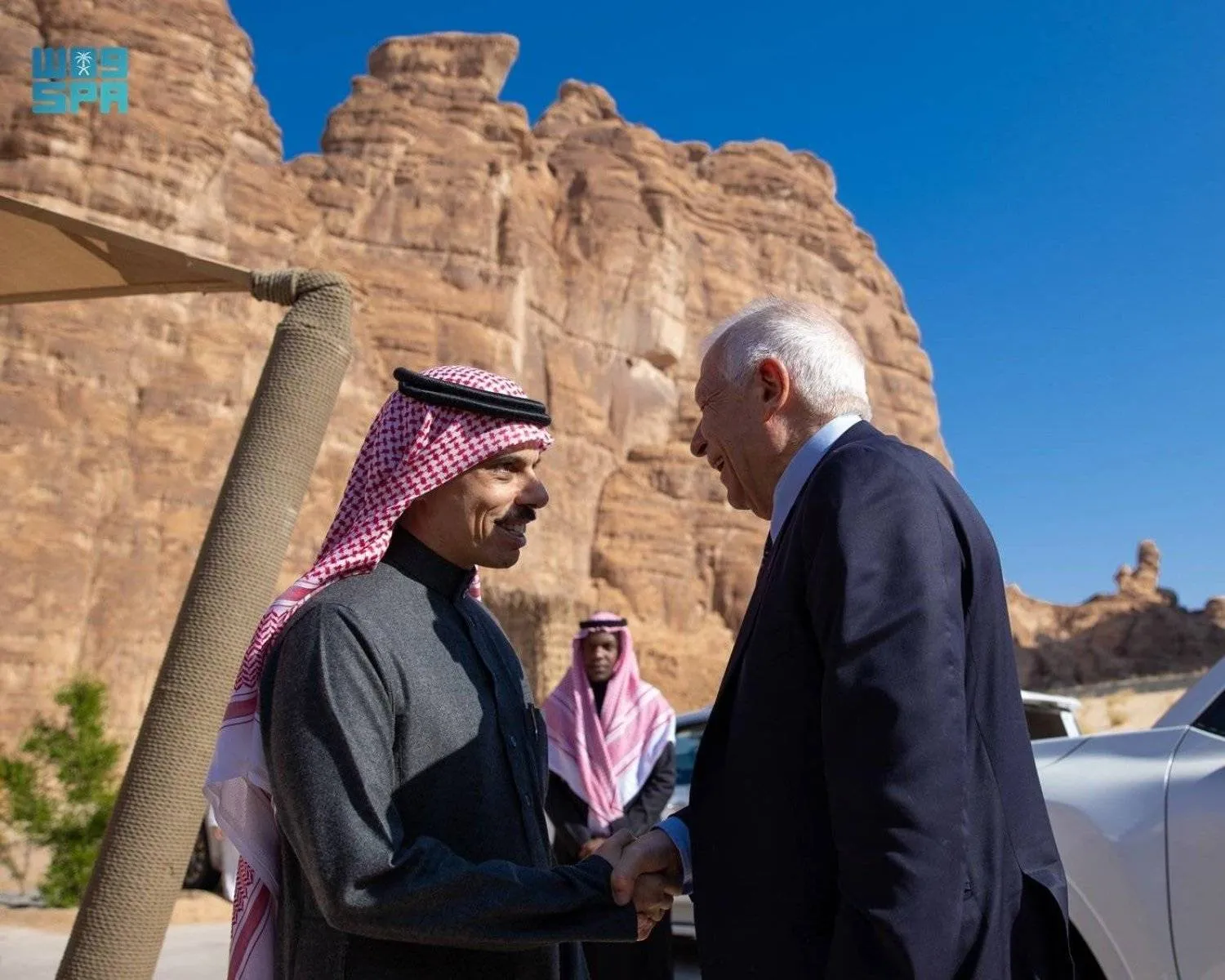EU High Representative for Foreign Affairs Josep Borrell said that EU countries were considering imposing sanctions on Israeli settlers who practice violence against Palestinians, indicating that fears of the expansion of the conflict in the region were still high.
In press statements before his departure from Riyadh, on Monday evening, he stressed that the situation in the West Bank was completely unacceptable, noting that he submitted a proposal to the European Union countries to impose sanctions on settlers who commit violence against Palestinians in the West Bank.
“Let’s see if the EU countries are ready to adopt that!” He remarked, adding: “We know that they are ready to put sanctions on [Hamas]; but are they ready to impose sanctions on the violence practiced against Palestinians in the West Bank, let us see.”
Borrell described some Israeli calls to destroy UNRWA as irrational, expressing concerns over some “unacceptable positions” in the Israeli government and society (...)”
“This is a United Nations organization. 140 UNRWA employees were killed in Gaza, and this the most important time to help the Palestinians. How can someone say Israel must destroy UNRWA? What kind of madness is this?” he stated.
The EU foreign policy chief warned of the high risk of escalation in the region. He explained that about 85 percent of the population of Gaza were forced to flee, and more than a million people were without shelter, while more than 200,000 people were in real danger as a result of hunger.
Commenting on his meeting with a leader from Hezbollah during his visit to Beirut, Borrell confirmed that he sensed a lack of desire among the Lebanese for war because the cost would be high.
On the other hand, he expressed his belief that the current situation “may represent an opportunity to address one of the most postponed matters between Lebanon and Israel, represented by the demarcation of the land borders in accordance with UN Security Council Resolution 1701, following the delineation of the maritime borders between the two sides."









